India has announced a monumental trade agreement with the European Free Trade Association (EFTA), comprising Switzerland, Norway, Iceland, and Liechtenstein, marking a significant milestone in bilateral economic relations. Trade Minister Piyush Goyal revealed that the agreement, culminating after nearly 16 years of negotiations, entails India lifting most import tariffs on industrial products from the four European nations in exchange for a massive investment of $100 billion over the next 15 years.
This landmark deal follows India's recent trade pacts with Australia and the United Arab Emirates, with negotiations for another significant agreement with Britain nearing conclusion. Prime Minister Narendra Modi's administration aims to propel India's annual exports to $1 trillion by 2030, positioning the nation as a global economic powerhouse.
Under the terms of the agreement, the EFTA nations commit to investing $100 billion in India's rapidly expanding market, catering to its population of 1.4 billion. In reciprocation, India will significantly reduce or eliminate high customs duties on 95.3% of industrial imports from Switzerland, excluding gold, either immediately or gradually over time.
Industry Minister Jan Christian Vestre of Norway welcomed the deal, highlighting the elimination of import taxes of up to 40% on Norwegian goods exported to India. The agreement encompasses modern elements such as intellectual property rights and gender equity, ensuring a fair and mutually beneficial trade relationship among the five participating countries.
While the pact awaits ratification by all signatories, Switzerland aims to complete the process by 2025. The announcement comes ahead of India's general elections scheduled for May, where Prime Minister Modi seeks a historic third term. Despite commitments to lower tariffs, India anticipates minimal impact on gold imports from Switzerland, estimated at $16 billion annually.
Swiss economic official Guy Parmelin emphasized the immense trade and investment opportunities offered by the Indian market, attributing the success of the pact to 21 rounds of negotiations. India ranks as the EFTA grouping's fifth-largest trading partner, with bilateral trade totaling $25 billion in 2023, as per estimates from India's trade ministry.
The comprehensive agreement includes provisions for trade and sustainable development, enabling the EFTA states to address sustainability considerations in trade relations. Analysts anticipate that while the pact may not immediately address India's trade deficit with the EFTA group, it will attract crucial investment into key industries, fostering growth and innovation in sectors such as medical devices and clean energy.
With the ink barely dry on this historic deal, India stands poised to capitalize on newfound economic opportunities and solidify its position as a global trade hub.



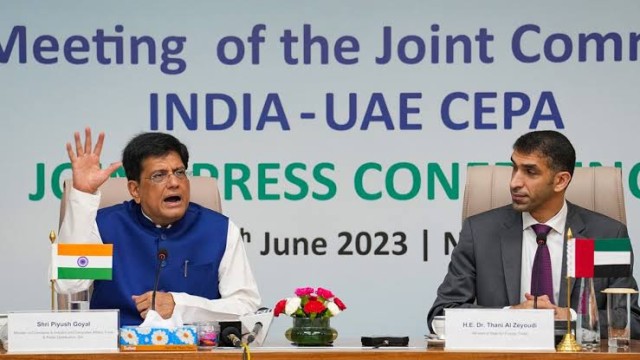


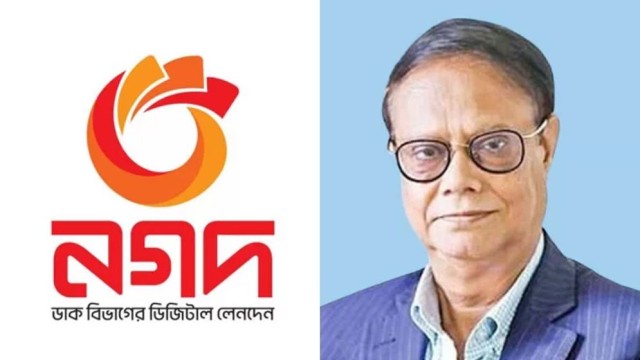
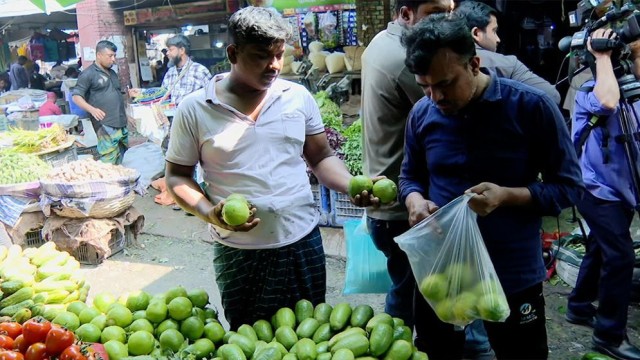

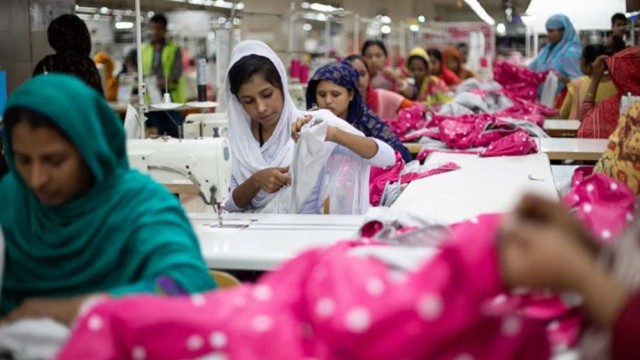








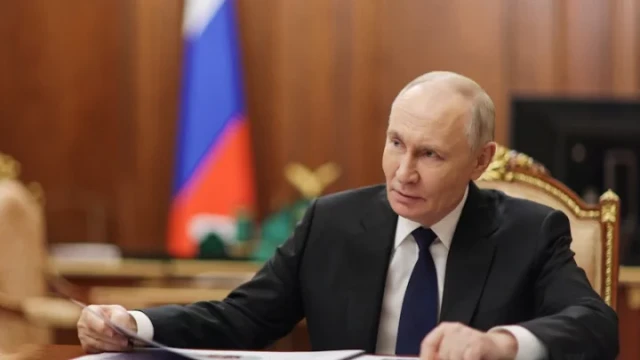
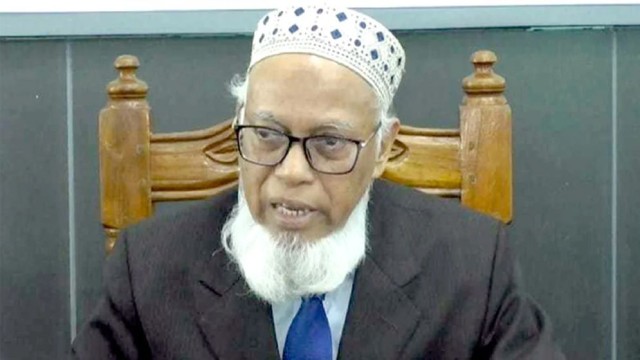









Comment: